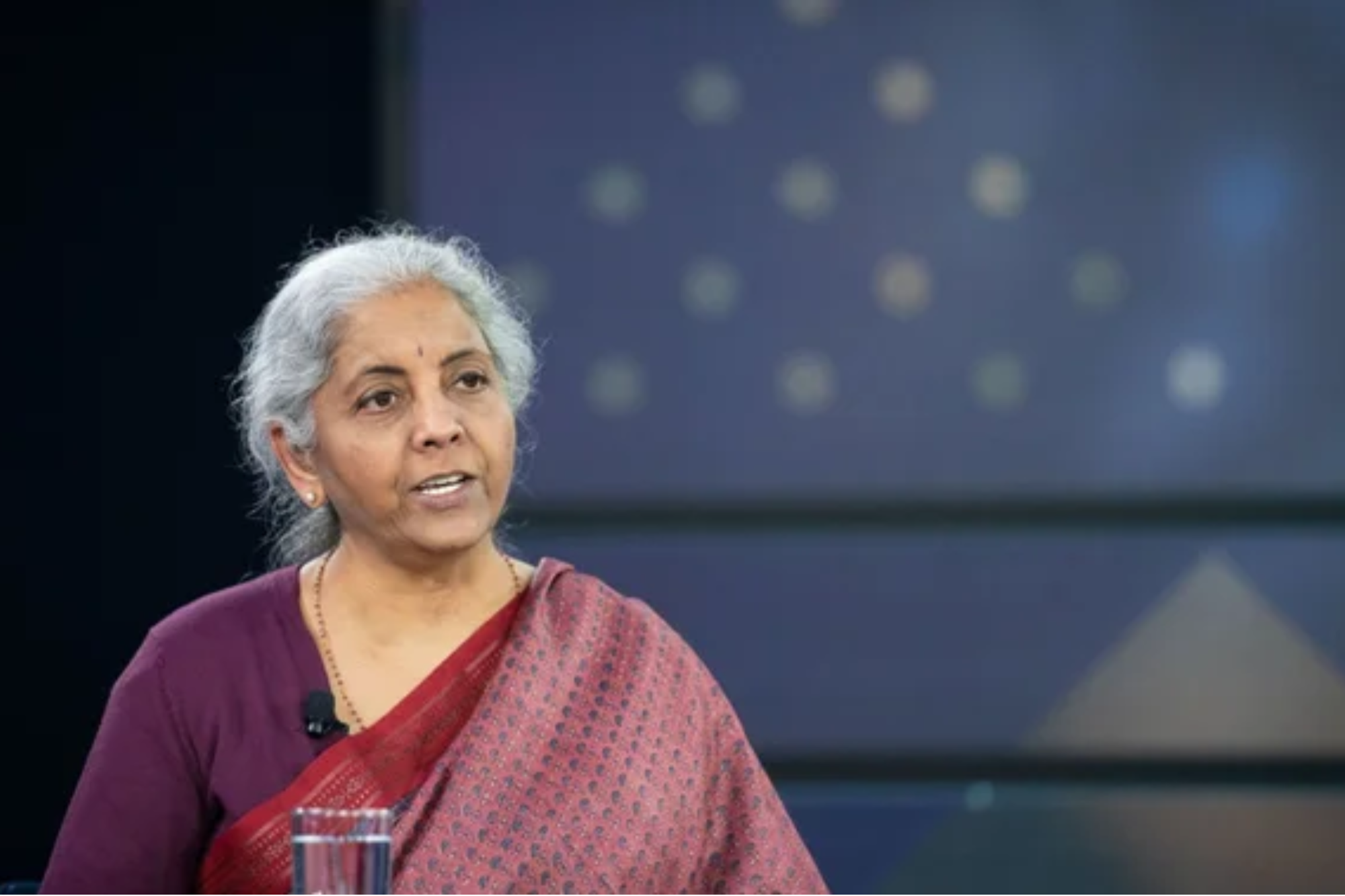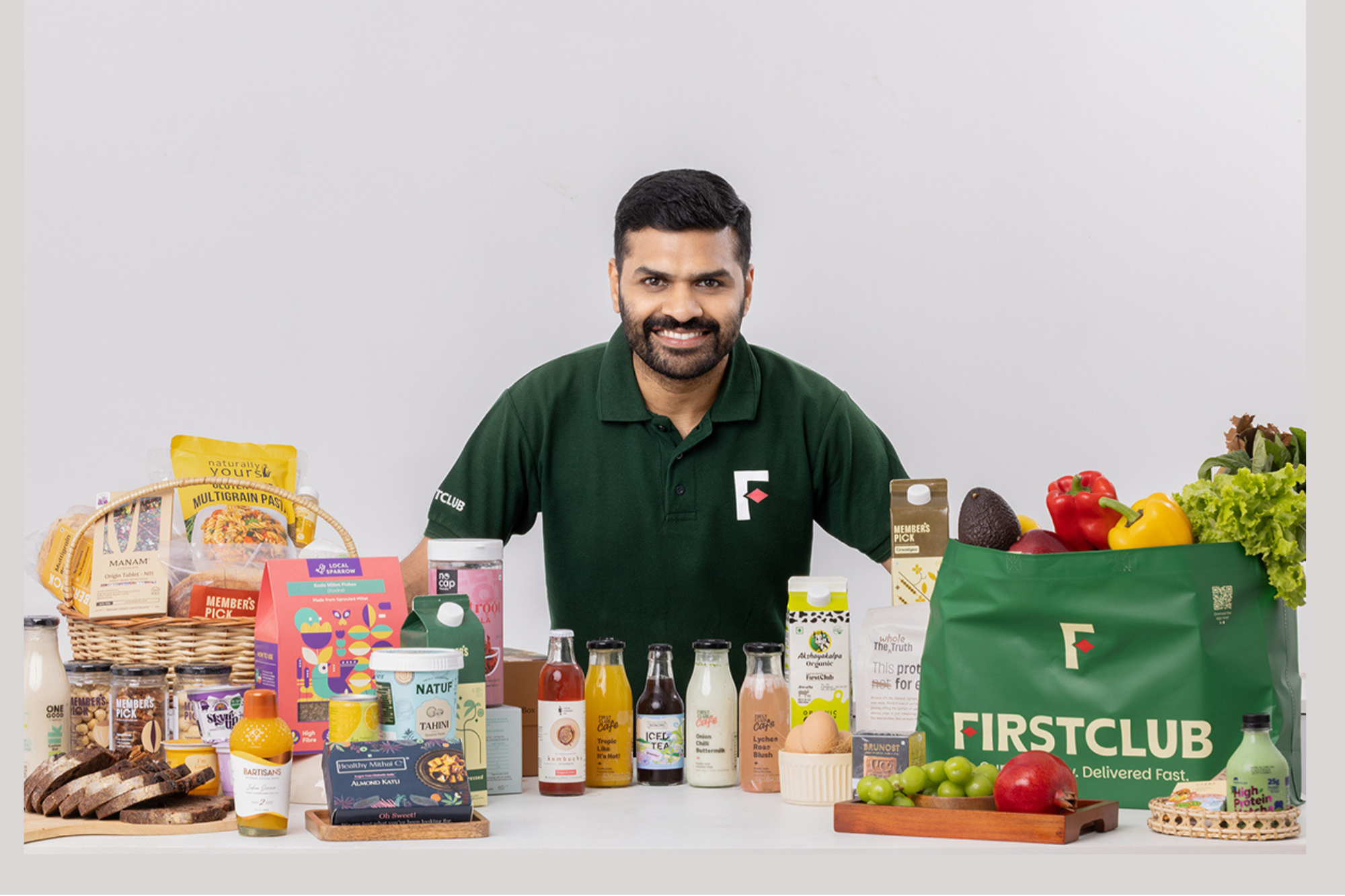National Education Policy 2020 Aims to Replace Rote-Learning With Skill Development The National Education Policy (NEP), passed by the Union Cabinet on Wednesday, has proposed several changes in the country's education system, from the school to college level
By Shipra Singh
You're reading Entrepreneur India, an international franchise of Entrepreneur Media.

The National Education Policy (NEP), passed by the Union Cabinet on Wednesday, has proposed several changes in the country's education system, from the school to college level.
Emphasis on skill development over rot-based learning, low stakes board exams, measures to encourage socio-economic inclusivity and no rigid separation between arts and science streams are among the key highlights of the NEP, which was last revised in 1992.
What has been a major topic of debate in the recent months, NEP 2020 has clearly stated that no one language will be imposed on any student. At the same time, it has emphasized that mother tongue/regional language will be the medium of instruction at least till grade 5. Also, several foreign languages will be offered in secondary levels.
Focus on Holistic Development of Students
To ensure holistic development of student, NEP has proposed no hard separation of curricular, extra and co-curricular, arts and science, sports and vocational crafts. Going forward, curriculum will integrate Indian culture and ethos, experiential teaching/learning methods and holistic report cards—use of artificial intelligence (AI) for identifying specific aptitude of child.
Additionally, vocational education will be integrated in the form of no-bag-days internship with local trades/craftsperson and Lok Vidya, which refers to local artists as master instructors in schools.
NEP 2020 also aims to replace rot-based learning and mugging for exams with conceptual understanding curriculum by introducing transformed pedagogy by 2022 that will promote skill based learning. As part of this, examination in class 1 to 8 will be focused on assessment of core concepts and knowledge, higher-order skills and its application in real-life situations instead of just learning facts.
Promoting Socio-Economic Inclusivity
Special focus will be laid on Socio-Economic Disadvantaged Groups (SEDGs) under NEP 2020. These can be broadly categorized based on: gender identities (particularly female and transgender individuals), socio-cultural identities (Scheduled Castes, Scheduled Tribes, OBCs, and minorities), geographical identities (students from villages, small towns, and aspirational districts), disabilities (including learning disabilities) and socio-economic conditions (migrant communities, low income households, children in vulnerable situations, victims of or children of victims of trafficking, orphans including child beggars in urban areas, and the urban poor).
The new policy will formulate separate strategies for reducing each of the category-wise gaps in school education.










